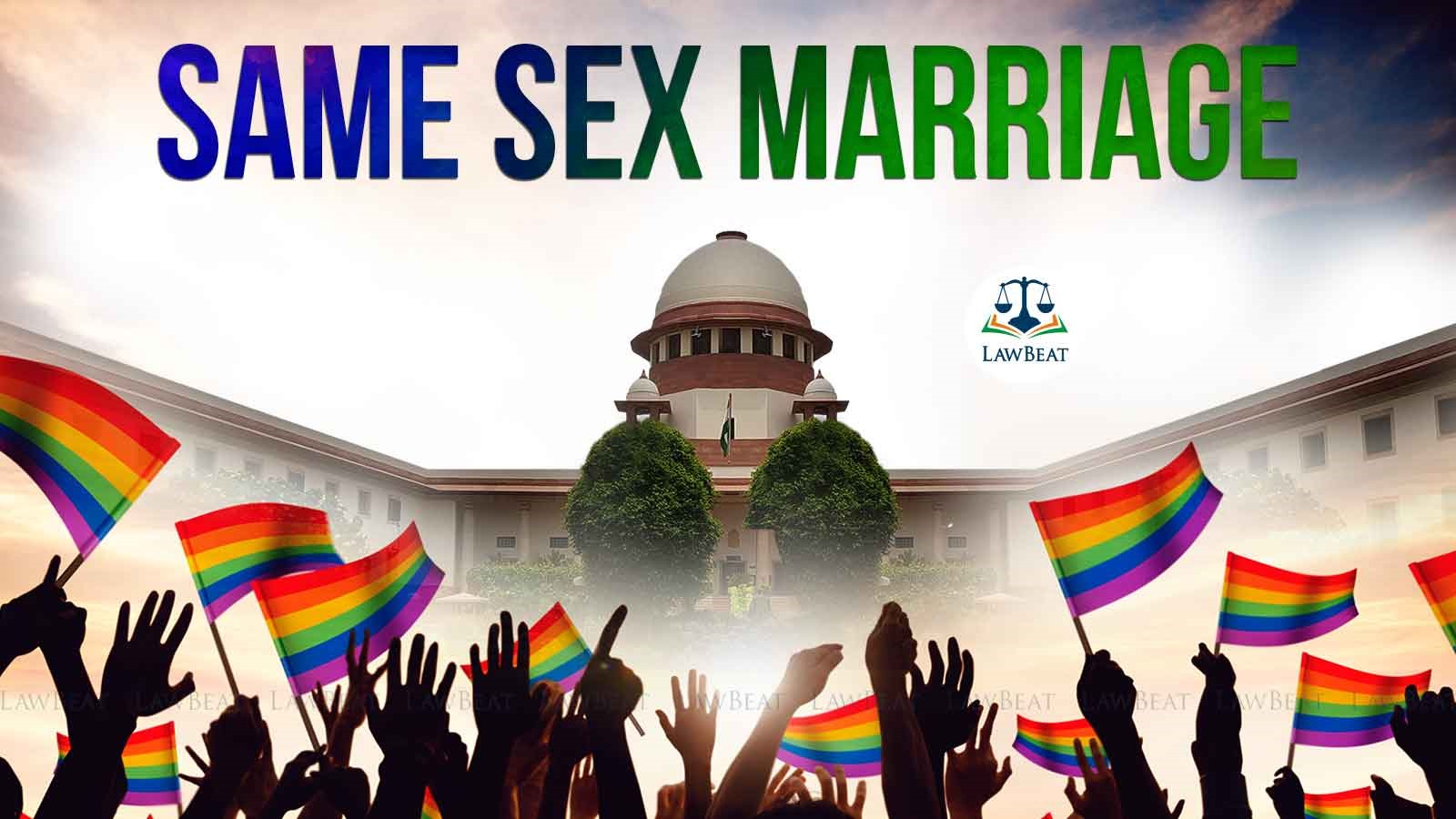Supreme Court hears petitions to review Same Sex Marriage judgment

On the Special Marriage Act and the challenge to its provisions, Supreme Court had been held that they cannot be held to be unconstitutional and the court cannot read words into its provisions as well
The Supreme Court of India today took up about 13 petitions filed against its judgment refusing to provide legal recognition to same sex marriages in chambers of Justice BR Gavai.
A bench comprising Justices Gavai, Surya Kant, BV Nagarathna, PS Narasimha and Dipankar Datta heard review petition filed before the Supreme Court stating the impugned verdict suffers from errors apparent on the face of the record and is self-contradictory and manifestly unjust.
In July 2024 a plea was made before the Chief Justice of India to allow open court hearing of the review petitions.
In a landmark verdict delivered two weeks back, the Supreme Court of India had held that no fundamental right to marry can be found under the Indian Constitution.
Filed under Article 137, the review plea states that the Majority Judgment of Justices S Ravindra Bhat, PS Narasimha and Hima Kohli is facially erroneous because it finds that the Respondents are violating the Petitioners’ fundamental rights through discrimination, and yet fails to enjoin the discrimination.
It further submitted that the Majority Judgment is self-contradictory in its understanding of “marriage”. Court was told that the majority view overlooks that marriage, at its core, is an enforceable social contract. "The right to so contract is available to anyone capable of consenting. Adults of any faith—or no faith—may engage in it. No one group of people may define for another what “marriage” means. No contract, nor forceful State action like imprisonment, may curtail an adult’s fundamental right to marry", review petition submits.
In October 2023, a five judge Constitution bench led by then Chief Justice of India DY Chandrachud left it on the Union to constitute an High Powered Committee headed by the Cabinet Secretary for this purpose to look into the aspects of queer relationships.
Court had further remarked that in the exercise of the power of judicial review, it must be careful not to tread into the legislative domain.
"The Court in the exercise of the power of judicial review must steer clear of matters, particularly those impinging on policy, which fall in the legislative domain", it has held.
Case Title: Supriyo vs. Union of India
